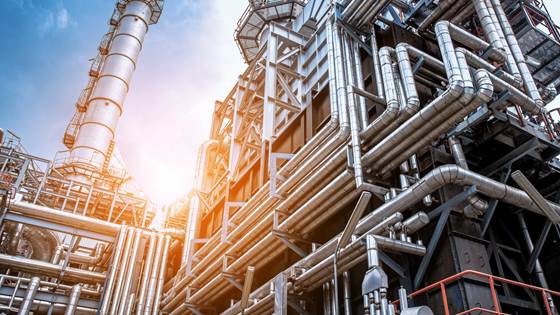
Converting CO2 emissions into products - European Green Deal project PyroCO2 kicks off
A new innovation project will demonstrate large-scale conversion of industrial carbon emissions into value-added chemicals and materials.

A new innovation project will demonstrate large-scale conversion of industrial carbon emissions into value-added chemicals and materials.
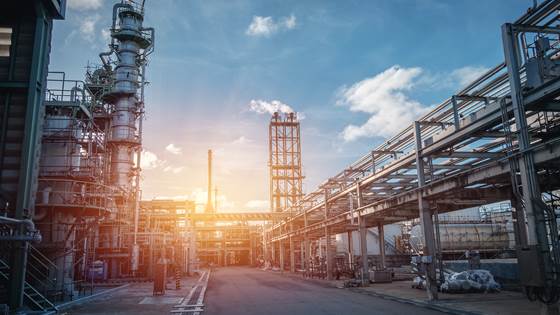
CO2 emissions equivalent to what 2,200 cars produce in a year can be turned into new products using biotechnology. In the EU project PyroCO2, the greenhouse gas CO2 will become a profitable business, at the same time the project will contribute to...

The circular economy can boost profits in the water management sector, and at the same time provide farmers both in Norway and around the world with cheaper fertiliser.
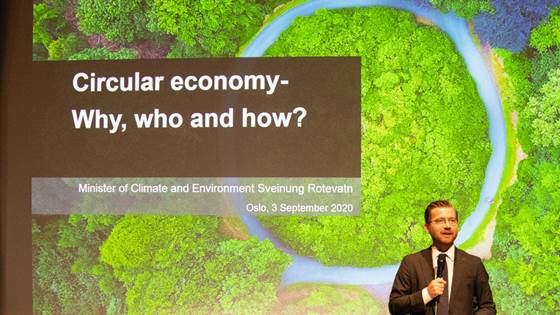
SINTEF hosted a very successful Circular Economy conference, the fourth in a row, with over 1600 participants. The topic for this year's conference was to share new knowledge and create new opportunities in the transition to a circular economy...
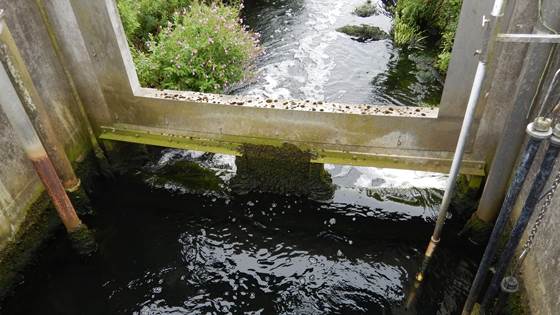
Resources from wastewater must be better utilized to ensure access to clean water, enough food and good living conditions for all. Researchers in five countries are about to demonstrate circular economic models for how wastewater resources can be...
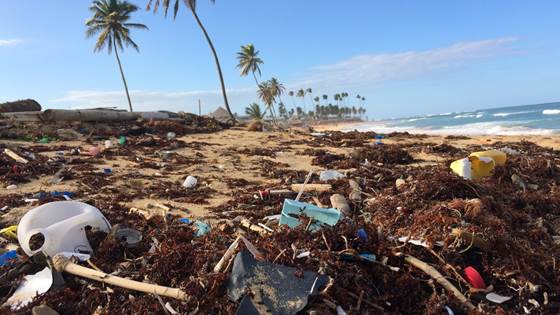
Researchers believe that plastic refuse can be used as fuel in cement factories in Asia. If this works, it may provide a solution to two of the planet’s biggest environmental problems – plastic in the oceans and high levels of coal consumption.
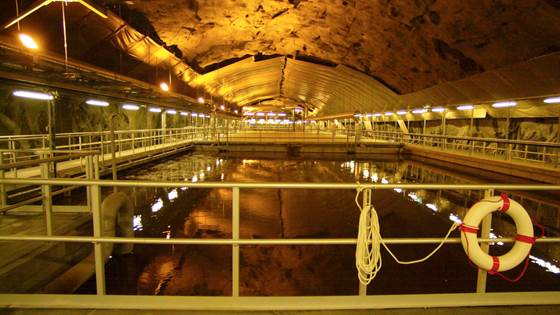
A world without phosphorous is a world without life. But phosphorous is a finite resource, so researchers are recovering it from sewage.
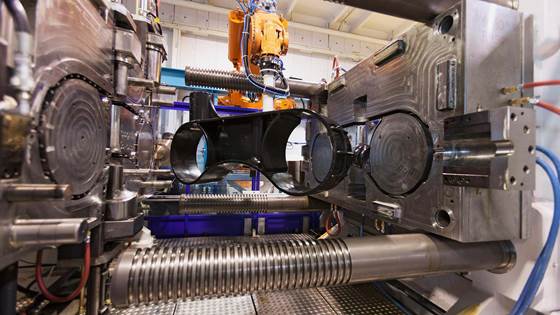
An independent report shows that SFI Manufacturing potentially can have an economic impact of >3 billion NOK per year in the Norwegian manufacturing industry.
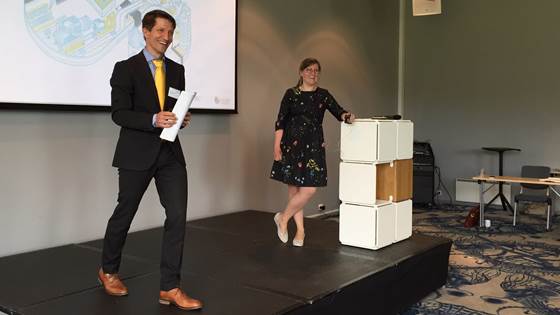
Norway and the EU are prioritising a circular economy agenda to deliver the next generation of jobs, growth and investment. But how can we enable this transition to a circular economy?
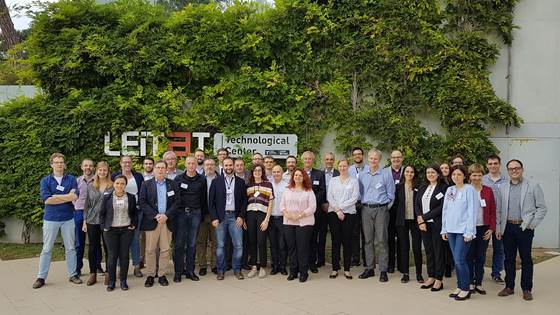
The LIBERATE project, will turn lignin into valuable products for a European circular economy model. The 10M€ project is carried out by an international consortium, received a grant from European Union’s Horizon 2020 programme to deliver a pilot...
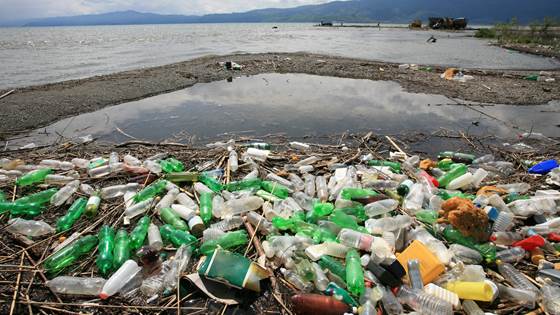
It wasn’t until World War II that plastic products began to be mass-produced as they are today. The war accelerated the need for new technologies, and plastics came to revolutionise the way we live – providing us with durable, mass-produced and...
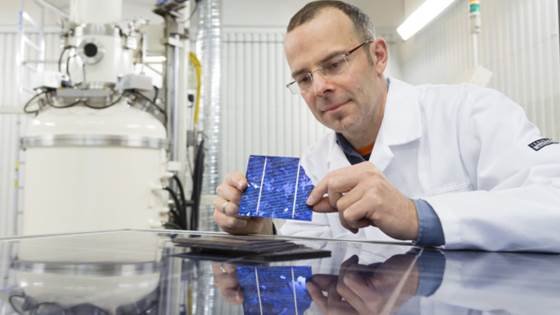
Europe wants to reduce its needs for raw materials and raise the level of recycling of resources in the solar power industry. If this project is successful, greenhouse gas emissions from solar panel manufacture will fall by 25 to 30 per cent.